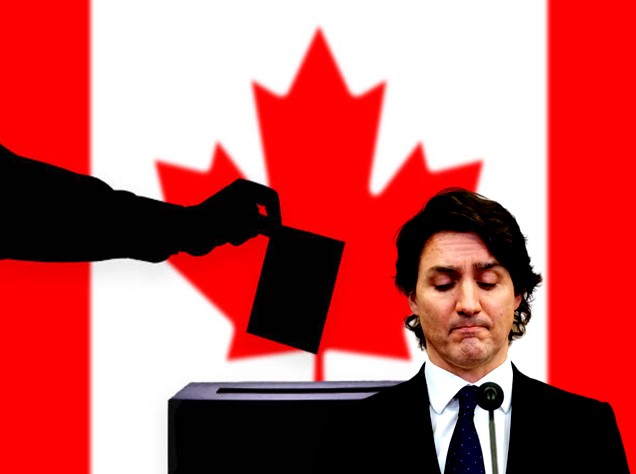Minority governments are not new to Canada. The past seven elections have now produced five minority governments. After getting back to power in 2019, Justin Trudeau also had to rule with a similar minority government in Ottawa.
“There are still votes to be counted but what we’ve seen tonight is millions of Canadians have chosen a progressive plan,” Mr Trudeau told supporters in Montreal after his victory in 2019.
The snap election plan, sending Canadians to vote for the second time in two years was Trudeau’s brainchild to secure a majority government, but he failed in achieving it, after escaping with a narrow victory.
Canada’s election mystery
But the talk was not just about Trudeau’s narrow victory, but the under-representation of many states such as Ontario, British Columbia, and Alberta in the House of Commons. It is important to note that two of these three states are conservative bastions.
Comparing Canada to other first-world countries with a federal system of government reveals that Canada’s House of Commons is less representative than the U.S. House of Representatives and of the comparable legislatures in Germany, Australia or Switzerland.
According to the study, if Ontario was properly represented in the House, it would have 117 seats, rather than the current 106. British Columbia would increase from 36 to 40, while Alberta would have 31 rather than 28 seats. The underrepresentation of many states points to the fact that even if the opposition parties join hands together, they can’t get enough votes in the House of Commons to prevent the ruling party from doing what it wants.
Read more: How Trudeau turned Canada into a ‘toilet bowl’ for the world
You see, there are districts in Canada where the total number of voters will be lesser in number but the seats allocated will be far more than in districts with a larger voter base. This is evident with Yvonne Jones, the Liberal candidate for Labrador who won her seat with just 8,878 votes. The total number of voters in this region is just 20,016.
What happens is that these districts would generally be strongholds of the liberal party of Canada, thereby giving an unconstitutional advantage to the liberals over the conservatives.
“The situation as it now stands is seriously undermining the principle that all citizens should have an equal say in choosing their government,” concluded a report by the Mowat Centre, a think tank dedicated to issues concerning Ontario.
“The relative weight of a single vote … has never been more unequal among the provinces,” stated Andrew Sancton, a political scientist for the Mowat Centre.
It is pertinent for the constitutional provisions in Canada to straighten the distortions happening in its election processes. The popular mandate is disregarded and if the trend keeps on going unhindered, it won’t be that long for the people of Canada to lose hope in the so-called “democracy” that only favours liberal politics.
In 2015, Trudeau himself proposed a new system based on ranked-choice voting. However, he soon dropped the idea. It may have finally dawned on the liberal champion that it is just the old rules, not the progressive ones that are assuring him the needed victory in elections.
